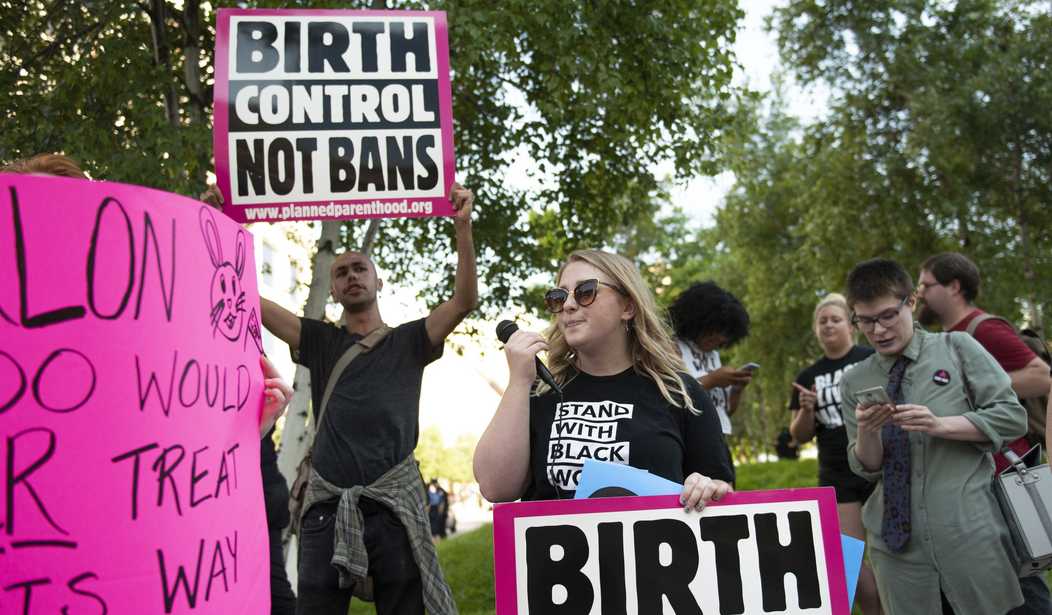Soon in California, all universities may be required to provide abortion medication to students.
Just yesterday, Senate Bill 320 was approved by the California Assembly.
If the bill becomes law, it would make California the first state to enact such legislation. Right now, none of the 34 University of California or California State campuses provide abortion services.
The initiative is being funded by a number of private donors, who have already pledged to contribute millions of dollars to cover the start-up costs of launching the abortion program. The money will be used for things like ultrasound machines and staff training. If SB 320 becomes law, college campuses in California will be forced to implement these services by the year 2022.
Pro-abortion advocates are thrilled at the prospect.
“The movement to get medication abortion on campus began when students recognized our need for it,” said Adiba Khan of Berkeley Students United for Reproductive Justice. “Now, we need our lawmakers to vote to make abortion care on campus a reality and ensure that all students have access to abortion care, wherever they live or go to school.”
A medication abortion involves a woman taking a series of two pills, mifepristone and misoprostol. The mifepristone, which blocks a woman’s body from producing the hormone progesterone necessary for maintaining a pregnancy, is taken in the clinic. Then the woman returns home and ingests the second pill, misoprostol, which causes the uterus to contract, cramp, and bleed, eventually expelling the baby. Medication abortion is used by mothers up to 10 weeks into a pregnancy.
Recommended
According to Planned Parenthood, the nation’s number one abortion provider, you should “stock up on maxi pads, food, books or movies to help pass the time, and a heating pad for cramps. Make sure you have some pain medication — but don’t take aspirin because it can make you bleed more.”
But there are significant risks to women utilizing the procedure. According to the Mayo Health Clinic, those risks include heavy, prolonged bleeding, and infection. There is also risk of death--between the years 2001 and 2013, there were 22 deaths reported as the result of medication abortion.
That’s only part of why pro-life groups are speaking out against California’s SB 320.
Bernadette Tasy, president of Students for Life at Fresno State University, said the bill “undermines women and tells them that they need abortion in order to be successful, and that they can't be a good mother and a good student at the same time."
And while SB 320’s proponents claim the legislation is simply intended to provide better access to services that young women already want, John Gerardi of Central California Right to Life is skeptical. According to him, state universities are already typically within five miles of a clinic offering abortions.
Student leaders are also claiming that some of the bill’s fiercest opponents have actually been administrators within the University of California system. Those administrators are allegedly fighting against the bill behind closed doors, but have not yet taken a public stance.
SB 320 was first introduced in February 2017 by liberal state senator Connie M. Leyva, and passed the senate this past January. It is now headed back to the senate for a final concurrence vote, before being sent to Governor Jerry Brown’s desk to be signed.

























Join the conversation as a VIP Member